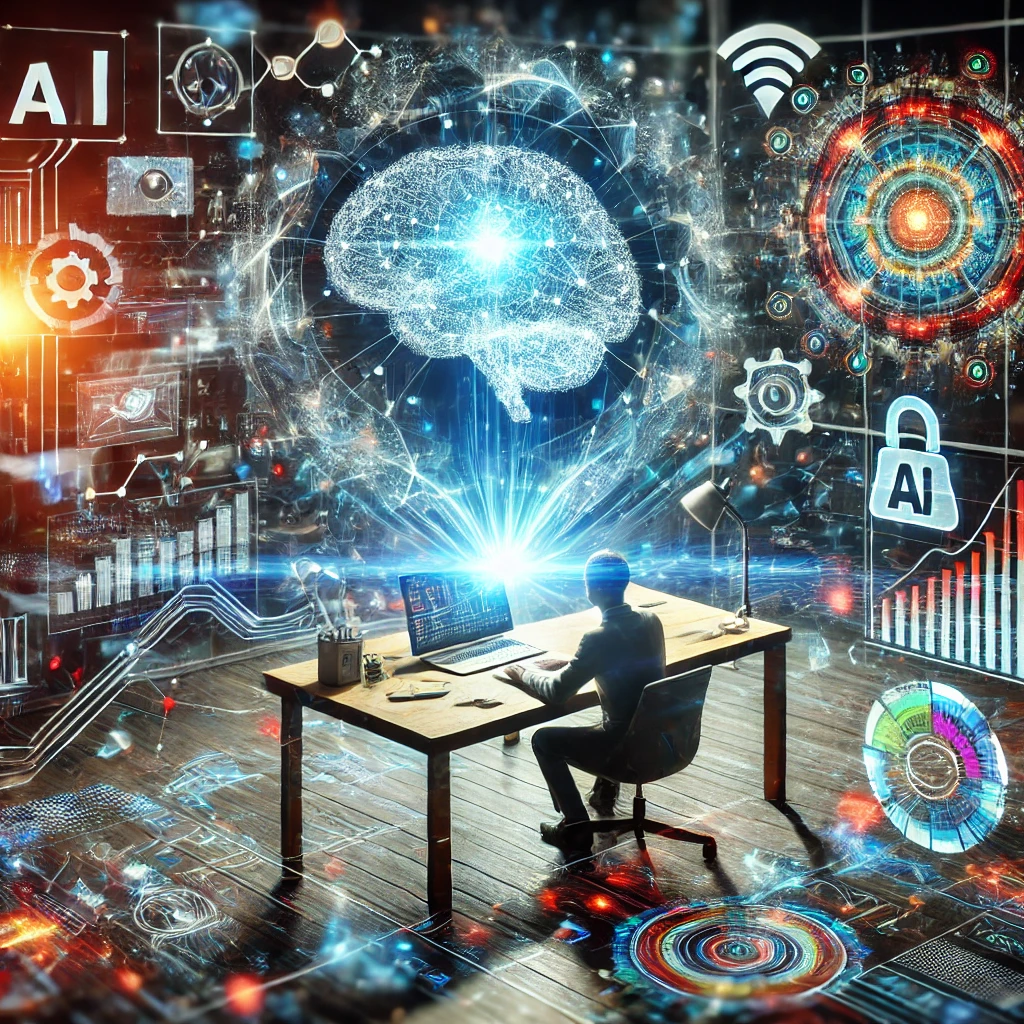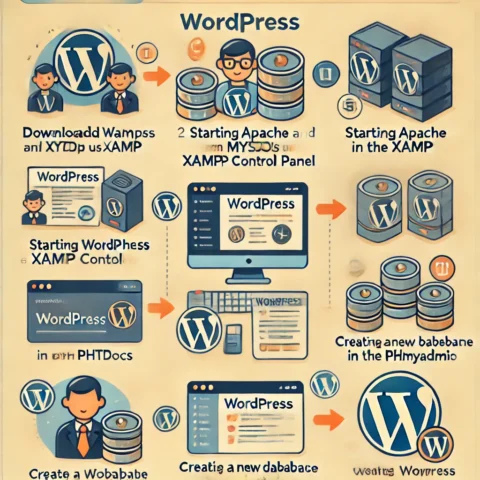Generative AI has rapidly transitioned from being a futuristic concept to a transformative force across industries. By harnessing advanced algorithms and deep learning models, generative AI is changing the way we create, innovate, and do business. From automating creative tasks to optimizing operations, this technology is shaping the future of creativity and commerce. In this blog, we’ll explore how generative AI is impacting creative industries and enhancing business processes.
Understanding Generative AI
Generative AI refers to artificial intelligence models capable of generating content, whether it’s text, images, audio, or even code. Some of the most recognized generative AI tools include ChatGPT, MidJourney, DALL•E, and Stable Diffusion. These models work by learning from large datasets and using that knowledge to create new, original outputs that closely resemble human-generated content.
High search volume keywords related to this topic, such as “AI in business,” “creative AI tools,” “generative AI for content creation,” and “AI-driven business solutions,” highlight the growing interest in this space.
How Generative AI is Transforming Creativity
1. Content Generation and Copywriting
Generative AI tools like ChatGPT and Jasper AI are revolutionizing content creation. From blog posts to marketing copy, businesses can now generate high-quality content at scale. For instance, AI can draft social media posts, product descriptions, and ad copy in minutes. This not only saves time but also allows content teams to focus on strategy and creativity.
2. Graphic Design and Visual Art
Platforms like MidJourney and DALL•E are empowering artists and designers to generate unique visual content. With a few text prompts, these tools can create stunning images and illustrations. This is particularly valuable for businesses needing custom graphics for websites, advertising, and branding. Generative AI reduces the need for extensive manual work, enabling faster project turnaround.
3. Music and Audio Production
AI-powered platforms such as AIVA and Soundraw are making waves in music composition. Musicians, podcasters, and advertisers can use generative AI to produce background scores, jingles, and even full-fledged songs. This democratization of music production allows creators of all skill levels to experiment and innovate.
4. Video Creation and Editing
Generative AI tools like Runway ML are reshaping video editing and content creation. These tools can automate complex editing tasks, generate special effects, and even create entire videos based on scripts or prompts. Businesses can leverage these capabilities to produce high-quality video content for marketing, training, and entertainment.
Generative AI in Business Applications
1. Enhanced Customer Support
Generative AI is improving customer service through advanced chatbots and virtual assistants. Tools like ChatGPT can handle customer inquiries, provide instant support, and even generate personalized responses. This leads to higher efficiency, reduced wait times, and improved customer satisfaction.
2. Product Design and Prototyping
Businesses are using generative AI to accelerate product development. AI can generate multiple design variations, allowing companies to prototype and iterate more efficiently. Industries like automotive, fashion, and consumer electronics benefit from AI-driven design optimization.
3. Marketing Personalization
Generative AI enables businesses to create personalized marketing campaigns at scale. By analyzing customer data, AI can generate tailored messages, offers, and content that resonate with individual preferences. This level of personalization boosts engagement and conversion rates.
4. Data Analysis and Reporting
Generative AI models like GPT-4 can analyze large datasets and generate insightful reports. Businesses can use AI to automate data interpretation, identify trends, and create comprehensive summaries. This improves decision-making and operational efficiency.
The Ethical Considerations of Generative AI
While generative AI offers immense potential, it also raises ethical concerns. Issues like AI plagiarism, misinformation, and data privacy need to be addressed. Businesses and creators must implement guidelines and ethical standards to ensure responsible AI use.
Conclusion: The Future of Generative AI
Generative AI is revolutionizing creativity and business by automating tasks, enhancing innovation, and providing new opportunities for growth. As tools become more sophisticated, industries will continue to explore AI’s potential for content creation, design, customer service, and beyond. Embracing generative AI today means staying ahead in a world where creativity and technology intersect.







